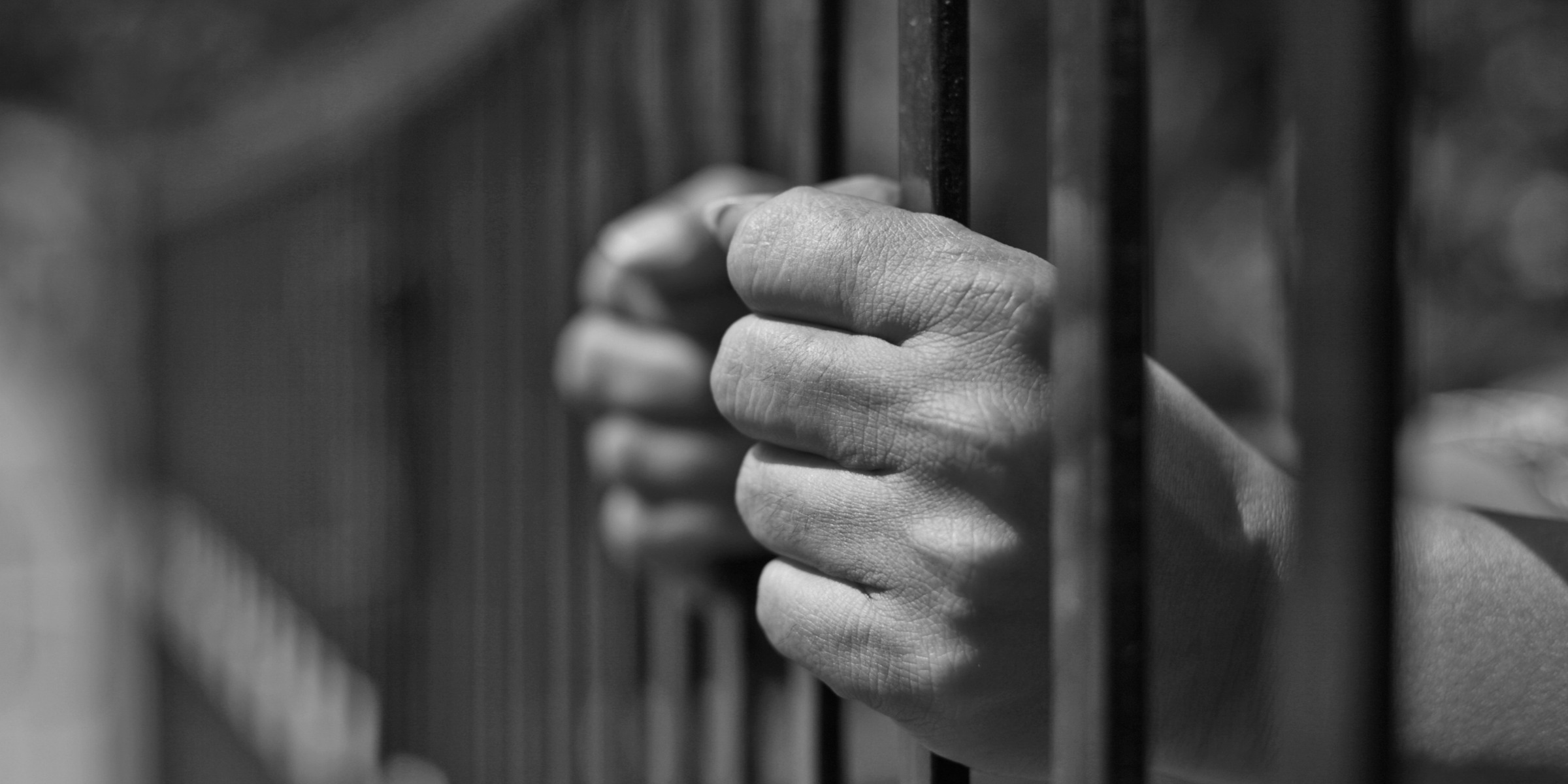If someone you care about is in jail, your first instinct may be to help. And for many people, that means stepping in as a cosigner on a bail bond.
But cosigning is a big legal and financial responsibility—not just a gesture of support. It can affect your credit, your assets, and even your peace of mind if things don’t go as planned.
Whether you're in Raleigh, Durham, or anywhere in North Carolina, here’s what it really means to cosign a bail bond and how to do it the smart way.
What Does It Mean to Cosign a Bail Bond?
When you cosign a bail bond (also known as becoming an indemnitor), you’re legally agreeing to:
- Pay the full bail amount if the defendant fails to appear in court
- Ensure the defendant follows all bail conditions
- Maintain contact with the bail bond agent if anything changes
You’re essentially vouching for someone with your own financial security. That’s why it’s important to fully understand the process.
To see how the process works with a trusted, local provider, learn how the North Carolina bail process works with Big Mike.
Who Can Cosign a Bail Bond in North Carolina?
You don’t need to be related to the person you’re helping, but you do need to meet a few basic requirements.
To be eligible, you must:
- Be at least 18 years old
- Have a valid government-issued ID
- Prove financial responsibility (through a job, bank account, or property ownership)
Bail agents will assess your ability to pay if something goes wrong—so stability and transparency are key. For more information on statewide bail policies, check out the North Carolina Department of Justice’s bail bond guidelines.
Your Responsibilities as a Cosigner
Once the paperwork is signed, your responsibilities begin.
You’re expected to:
- Make sure the defendant shows up to every court appearance
- Keep the bail bond company informed if anything changes (like contact info or job status)
- Be prepared to cover financial losses if the defendant fails to follow through
If the defendant skips court, you could:
- Owe the full bail amount
- Lose any collateral you put up (such as a car or home)
- Be held financially responsible for bounty hunter fees and legal costs
Need a more detailed legal explanation? Read our blog on what to know before cosigning in North Carolina.
When You Might Be Asked to Provide Collateral
Collateral is sometimes required to secure the bond, especially in high-risk or high-bond cases.
Common forms of collateral include:
- Real estate deeds
- Vehicle titles
- Jewelry or other valuables
Collateral acts as a safety net for the bail bond agency. If the bond is forfeited due to the defendant missing court, your collateral may be used to cover the loss.
Have questions about collateral or what’s at risk? We’re here to explain it all.
Can You Back Out as a Cosigner?
Yes, but there are limits.
If the bond hasn’t yet been posted, you can often withdraw your cosigner agreement by contacting the bond agent. However, if the defendant has already been released, revoking your support gets more complicated.
In some cases, you can request the bond to be withdrawn and the defendant to be returned to custody, especially if they’re violating terms or threatening to flee. This is handled on a case-by-case basis, and Big Mike Bail Bonds can walk you through your options.
What Happens If the Defendant Skips Court?
When the defendant fails to appear in court, several things happen quickly:
- The bail bond is forfeited to the court
- You, the cosigner, become responsible for the full amount
- The bail bond company may send a recovery agent to locate the defendant
- You could be sued for recovery costs, and your credit and assets may be at risk
Want to better understand the risks? Here’s what happens when someone misses a court date.
Frequently Asked Questions
Can more than one person cosign a bail bond?
Yes. For larger bonds, multiple cosigners may be accepted to share the financial burden or risk.
Do cosigners get their money or collateral back?
If the defendant follows all court conditions and no collateral is used, you typically won’t owe anything additional. If collateral was involved, it is returned once the bond is discharged and the case is closed.
How long does a cosigner remain responsible?
You’re responsible until the legal case is fully resolved. That could be weeks or several months, depending on the court schedule.
Don’t Cosign Blind, Understand the Stakes
Helping someone get out of jail is a powerful act of support, but it’s also a serious financial commitment. Cosigning means you’re tying your future to someone else’s choices.
At Big Mike Bail Bonds, we believe in transparency. We explain every step of the process, answer your questions honestly, and give you the information you need to make a smart decision.
Thinking about cosigning? Contact Big Mike today. We’ll help you weigh the risks and understand exactly what’s involved—no pressure, no confusion, just straight talk.

June 19, 2025
